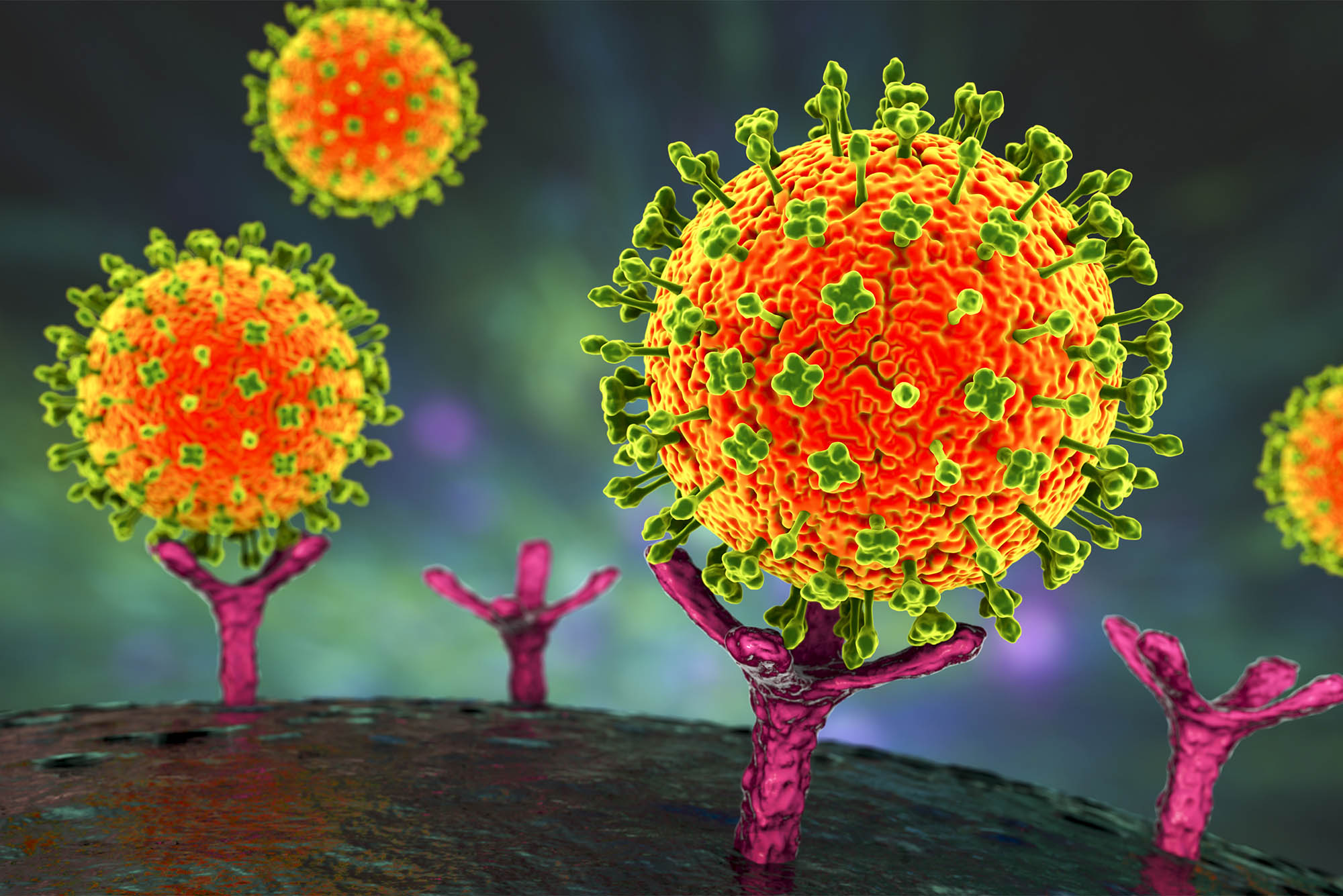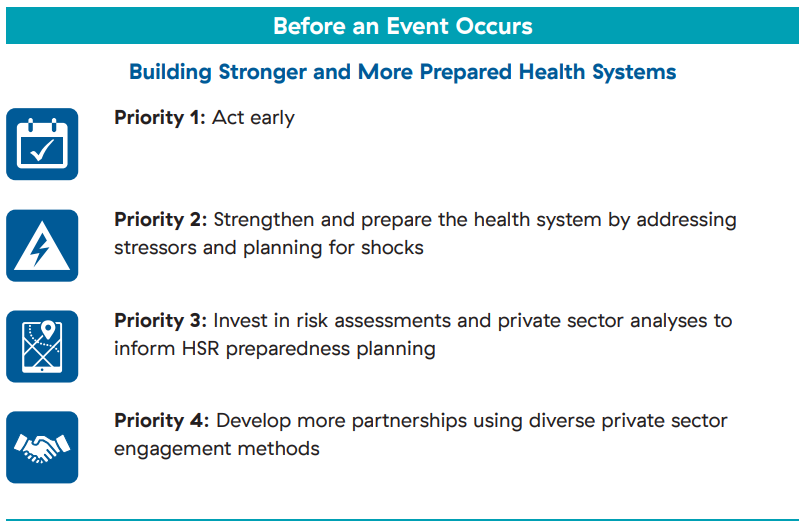
Unveiling the Threat: The Dynamics of Emerging Pathogens
The world is no stranger to pandemics, and the emergence of new pathogens poses a continuous challenge to global health. Understanding the dynamics of these emerging threats is crucial for effective response and mitigation.
Rising Concerns: The Impact of Emerging Pathogens on Global Health
Emerging pathogens bring with them a myriad of challenges that extend beyond the immediate health crisis. These threats can disrupt economies, strain healthcare systems, and test the resilience of societies worldwide. Recognizing and addressing these impacts are essential components of pandemic preparedness.
Learning from the Past: Historical Perspectives on Emerging Pathogens
History provides valuable lessons about the emergence of new pathogens and their consequences. Studying past pandemics, such as the Spanish flu or more recent outbreaks like SARS and H1N1, offers insights into the patterns, responses, and the evolution of infectious diseases. These lessons inform our strategies in navigating emerging health threats.
Surveillance and Early Detection: The First Line of Defense
A robust surveillance system is the first line of defense against emerging pathogens. Early detection allows for swift response, containment, and preventive measures. Investment in advanced monitoring technologies and international collaboration are crucial elements in fortifying global surveillance capabilities.
Global Cooperation: Collaborative Efforts in Facing Emerging Pathogens
Emerging pathogens do not respect borders, emphasizing the need for global cooperation. Countries, researchers, and organizations must collaborate, sharing data, expertise, and resources to mount a unified response. International solidarity is pivotal in addressing the challenges posed by novel infectious agents.
Innovations in Vaccine Development: A Race Against Time
The rapid development of vaccines is a critical aspect of pandemic response. Advances in biotechnology and vaccine platforms enable scientists to expedite the research and development process. Investing in innovative vaccine technologies enhances our ability to respond swiftly to emerging pathogens.
Public Awareness and Education: Mitigating Fear Through Information
Public awareness plays a vital role in mitigating the impact of emerging pathogens. Transparent communication, accurate information dissemination, and public education campaigns are essential to prevent misinformation and panic. Informed communities are better equipped to adhere to guidelines and actively participate in collective health efforts.
Ethical Considerations in Pandemic Response: Balancing Health and Rights
Emerging pathogens often lead to ethical dilemmas in pandemic response. Striking a balance between protecting public health and respecting individual rights is a complex task. Establishing ethical guidelines ensures that response strategies are not only effective but also uphold fundamental human rights.
Building Resilience for the Future: Lessons from Emerging Pathogens
Each encounter with emerging pathogens offers an opportunity to enhance global resilience. Building on the lessons learned, communities and nations can invest in strengthening healthcare systems, advancing research capabilities, and fostering a culture of preparedness. These proactive measures contribute to a more resilient world in the face of future health challenges.
To delve deeper into the dynamics of Emerging Pathogens Pandemic, visit www.greencitizens.net. Explore comprehensive insights, strategies, and initiatives aimed at navigating the challenges posed by emerging pathogens, and contribute to building a healthier and more resilient global community.

